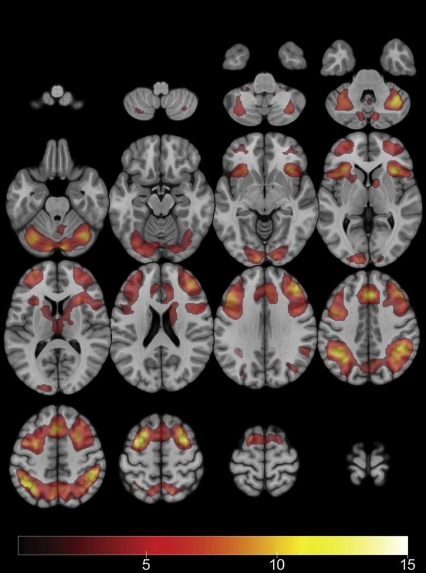Using imaging technologies, NIDA-funded scientists peered into the brains of people with cannabis use disorder to test their working memory, compared to a control group. All subjects were asked to complete tasks that tested skills ranging from cognitive flexibility to attention and inhibitory control. Results showed both negative and compensatory effects of cannabis use related to working memory, as defined by brain connectivity, demonstrating that the brain has to work to adapt to the effects of marijuana. The research team included investigators from NIDA’s Intramural Research Program, Virginia Tech, Virginia Commonwealth University and Mu Dang Jiang Medical University in China.
Study:
- Moeller, et al. Fronto-striatal effective connectivity of working memory in adults with cannabis use disorder. Psychiatry Research: Neuroimaging.

